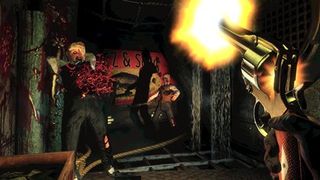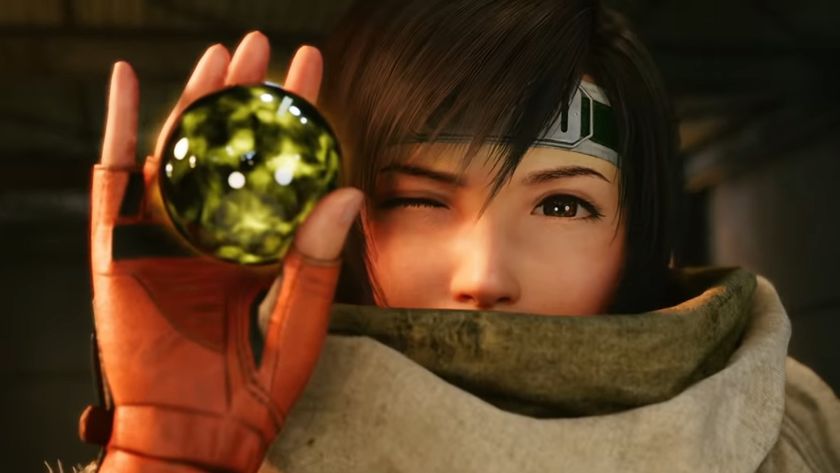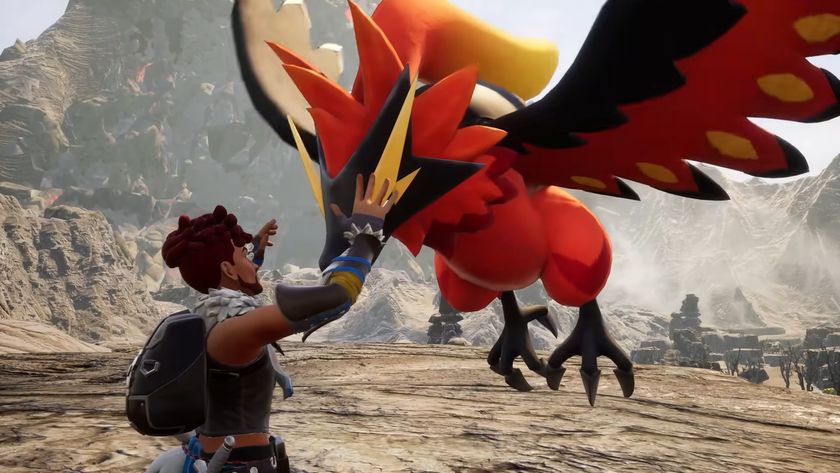Short circuit
Getting to the long and the short of shrinking games
During the creation of aquatic masterpiece, BioShock, Irrational Studios couldn’t figure out how long their game was going to be. Creepy little girls? Check. Violent oafs in diving suits? Check. The number of gameplay hours? Um...
Developers find it easy to predict the length of a shooter, as the genre is linear. But BioShock’s more open nature was far more troublesome. “When we started focus testing, there was a huge time variance from one player to another,” says Bill Gardner, lead level designer on the game. “Our concerns mostly came from people who were taking too long rather than people plowing through, so we had to find ways to guide players along without holding their hands too much. This scared the shit out of us at first.”

Above: You'd think killing Splicers would go by pretty quick but they just keep coming
BioShock ended up with around 15+ hours of gameplay - at least, it did for people who ogled the Art Deco eye candy and rifled through the pockets of cadavers - but some players were pissed off with its brevity. BioShock represents a wider trend in games, as 30+ hour extravaganzas appear to have become things of the past. Condemned clocked in at around seven hours, F.E.A.R. was a couple more, and Call of Duty 4 and BlackSite are shorter than Danny DeVito.
Then there are RPGs: sprawling goliaths of gaming, historically. And yet, Fable took less than 15 hours to complete, Morrowind was way longer than Oblivion, and Fallout 3’s main quest will last a mere 20 hours. Are we being short-changed? Richard Garriott, creator of the Ultima series and new third-person shooter MMO Tabula Rasa, says not: “The average game may have shortened a bit, but in the old days, few ever saw the latter half of a game’s content, which was a waste, so investing in the quality of a shorter experience is often a good investment.”
Sign up to the 12DOVE Newsletter
Weekly digests, tales from the communities you love, and more

Final Fantasy 7 Remake and Rebirth battle director says combining everything he learned on Monster Hunter: World with Square Enix's technology and unique skills created a "chemical reaction"

"Minutes after Palworld released," Pocketpair was already getting game pitches from "some really big names" before it even set up its own publisher: "No one has money at the moment"











